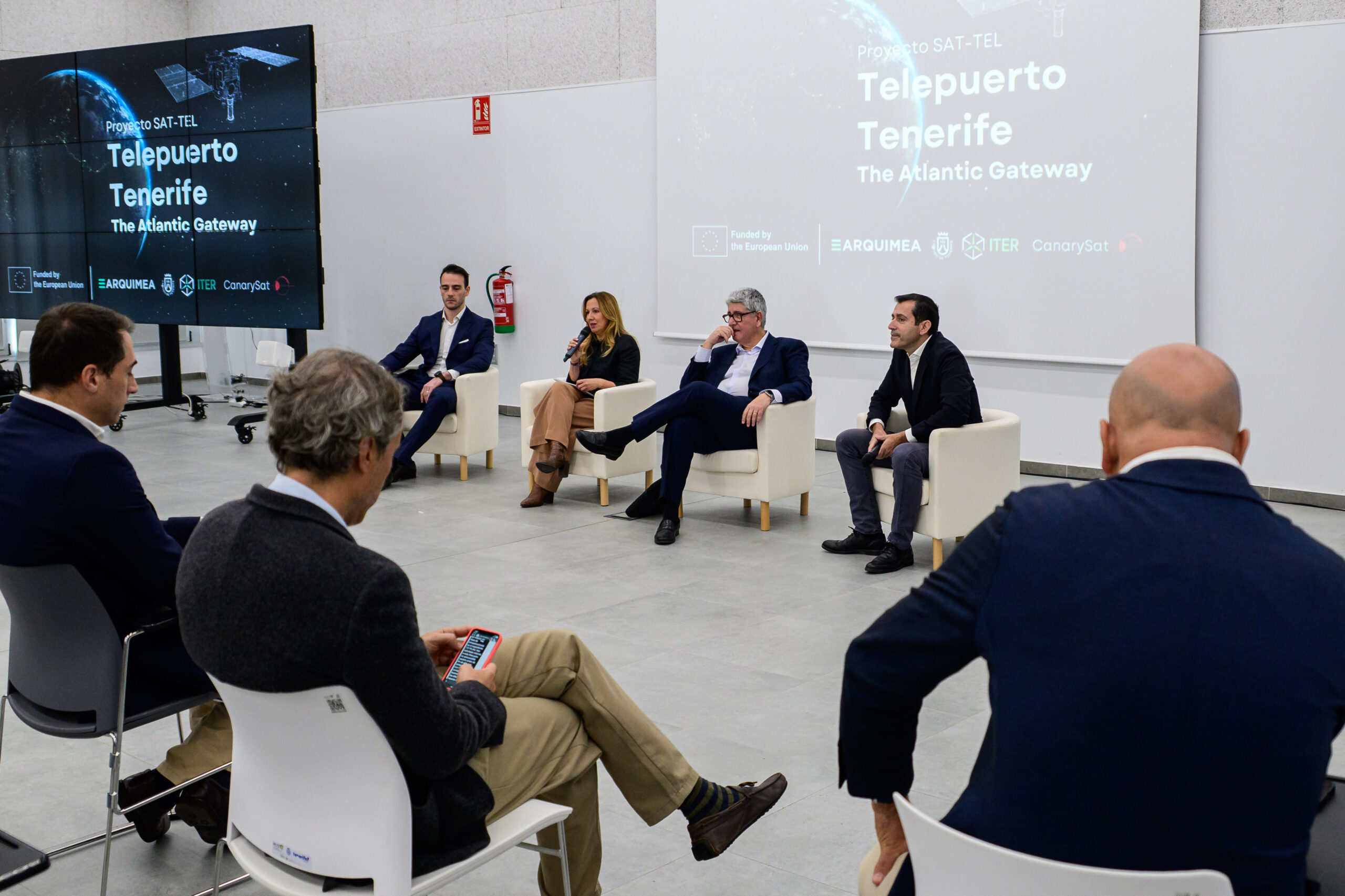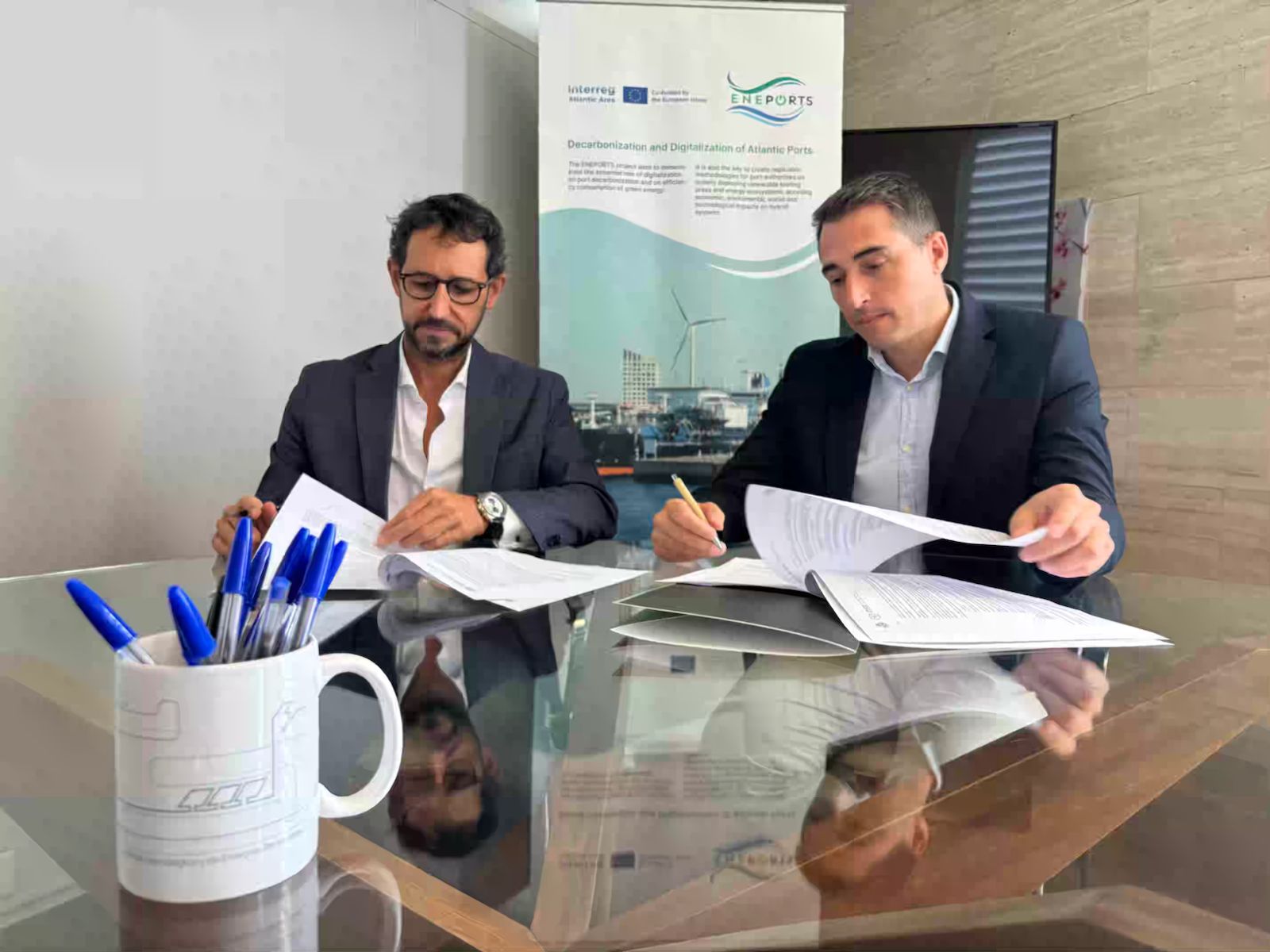El estudio versa sobre la aplicación de algoritmos evolutivos para la resolución de un problema de asignación de frecuencias en redes móviles.
Una colaboración recientemente establecida entre el Centre for Algorithms, Visualisation, and Evolving Systems (CAVES) perteneciente a la School of Computing de la Edinburgh Napier University, Edimburgo, Reino Unido, y el Instituto Tecnológico y de Energías Renovables (ITER) de Tenerife, España, ha permitido desarrollar un trabajo de investigación en el área de la optimización de problemas reales. Esta colaboración ha alcanzado su primer hito en forma de publicación en el prestigioso 2016 IEEE World Congress on Computational Intelligence (WCCI 2016), a celebrarse en el mes de julio de 2016 en Vancouver, Canadá.
El trabajo, dirigido por el Dr. Eduardo Segredo, ha consistido en la aplicación de un conjunto de algoritmos evolutivos con el objetivo de optimizar la asignación de frecuencias a un conjunto de antenas localizadas en una red móvil. Esta clase de algoritmos permite obtener, en tiempos razonables, soluciones de alta calidad, incluso la óptima, para problemas de una elevada complejidad. Para su desarrollo, se ha contado con la capacidad del superordenador Teide-HPC, en el que se han llevado a cabo más de 4000 simulaciones.
CAVES promueve que investigadores pertenecientes a diferentes áreas y disciplinas colaboren proporcionando nuevas sinergias y oportunidades multi-disciplinares. Entre sus principales líneas de investigación, cabe mencionar el análisis de datos, las técnicas de machine learning, o la optimización y aprendizaje basado en heurísticas y técnicas bio-inspiradas, entre otras.
El área de tecnología de ITER, mediante su departamento de supercomputación colabora con numerosos grupos de investigación, de ámbito nacional e internacional, como el caso presentado, o por ejemplo, con la Agencia Espacial Europea o el Instituto de Astrofísica de Canarias.
* «Hybrid Parameter Control Approach Applied to a Diversity-based Multi-objective Memetic Algorithm for Frequency Assignment Problems» será publicado en las actas del 2016 IEEE World Congress on Computational Intelligence.






